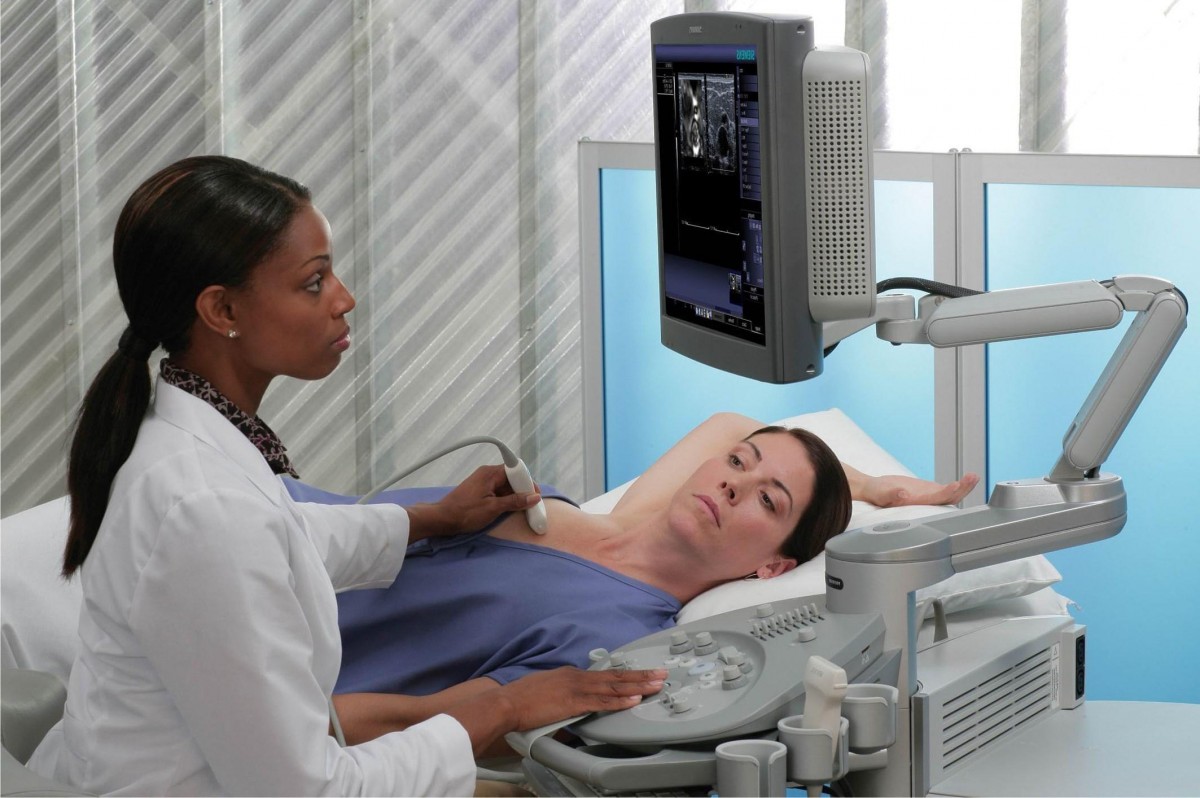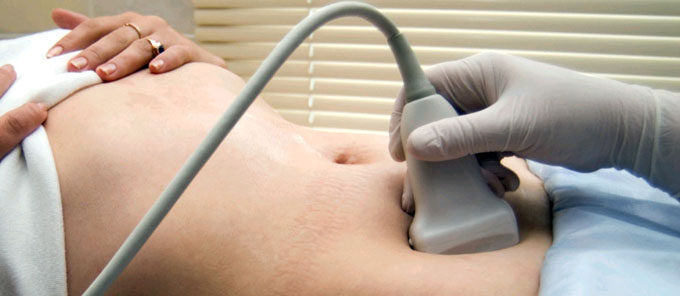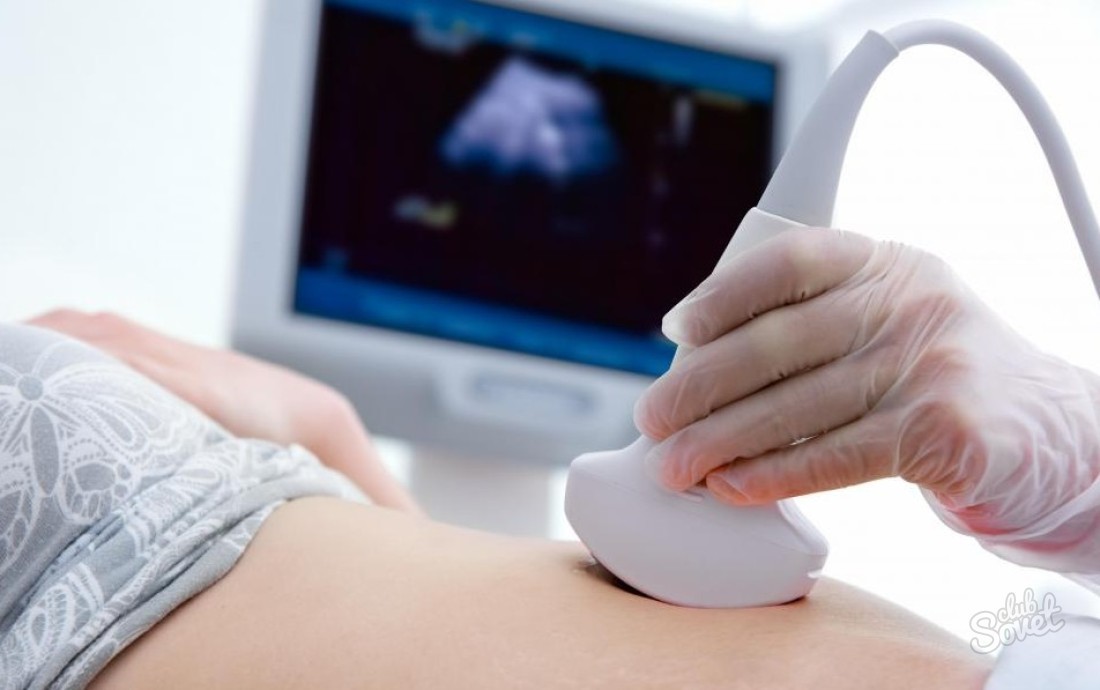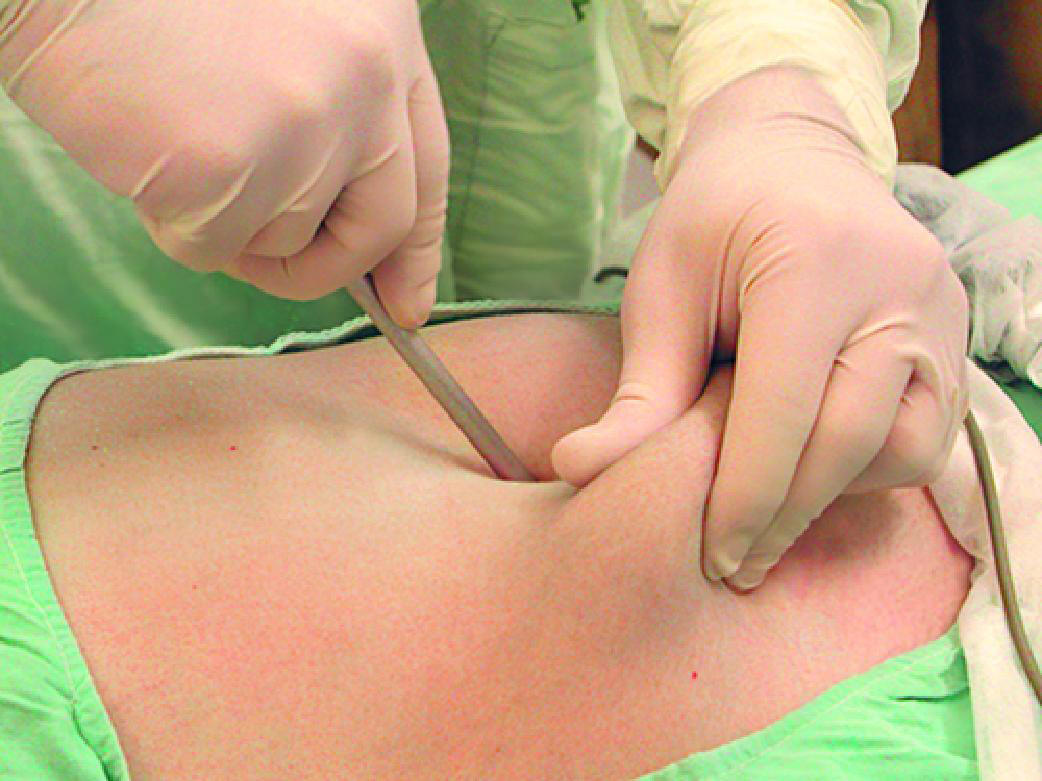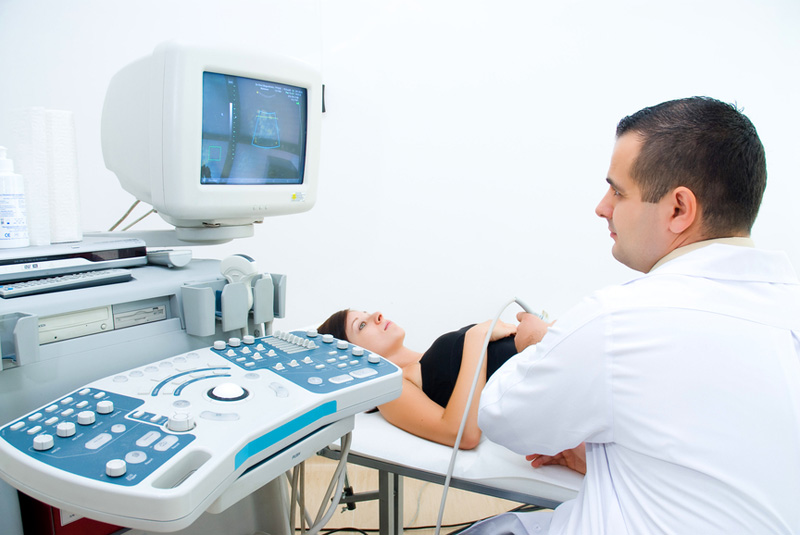
rapidly fluctuating body temperature covid
м. Київ, вул Дмитрівська 75, 2-й поверхrapidly fluctuating body temperature covid
+ 38 097 973 97 97 info@wh.kiev.uarapidly fluctuating body temperature covid
Пн-Пт: 8:00 - 20:00 Сб: 9:00-15:00 ПО СИСТЕМІ ПОПЕРЕДНЬОГО ЗАПИСУrapidly fluctuating body temperature covid
If you're having trouble breathing, contact your doctor, or use the NHS 111 coronavirus service online. 42 11 percent surveyed reported an increase in their resting heart rate. Treatment for hyperpyrexia involves addressing both the increase in body temperature and the condition thats causing it. DOI: Nandwani S, et al. When your body temperature exceeds 106F (41.1C) due to a fever, youre considered to have hyperpyrexia. Here's what we know. Similar to depression, 13 percent of long haulers report experiencing anxiety. The bottom line COVID-19 does not have a temperature range associated with it. Going forward, you should always inform your doctor or anesthesiologist of your condition. You may also be given intravenous (IV) fluids as a supportive treatment and to help with dehydration. The plan has been developed with expert insights from those with lived experience of long COVID, clinicians and partners across the health and care system. "During an arrhythmia, the heart can beat too fast, too slowly, or with an irregular rhythm," they explain. "This thickened, stiff tissue makes it more difficult for your lungs to work properly. Hair loss after COVID-19 could be considered as telogen effluvium, defined by diffuse hair loss after an important systemic stressor or infection, and it is caused because of premature follicular transitions from active growth phase (anagen) to resting phase (telogen). People who had severe illness with COVID-19 might experience organ damage affecting the heart, kidneys, skin and brain. Normal body temperature is typically 98.6F (37C). "This is such a common symptom of chronic illness that I dedicated a whole appendix (on top of the existing writing within the chapters) to it in the book. First, a recap on how the COVID-19 vaccine works. When you have a fever, these measures may not work to bring down the temperature to normal, or even more than a degree or two. A normal temperature is around 36-37C, although it depends on your age, what you've been doing, the time of day and how you take the measurement. If you have any of these symptoms plus a high temperature or you don't feel well enough to go to work or school, you're advised to stay at home. This is sometimes called a fever. Research published this year suggests that the average human body temperature is a bit lower maybe 97.9. You may feel faint or dizzy or have difficulty breathing.". "We have people that we follow up to nine months or longer," he revealed. Many of the systemic signs of long term COVID involve temperature changes. recently profiled those who suffered mental health complications after an infection, detailing the paranoiaand even hallucinationssome experienced. There is no cure but you may find relief from certain symptoms. Neurological symptoms are also experienced by those with long haulers. feeling tired or exhausted, lack of energy, avoiding crowded places such as public transport or large indoor gatherings, covering your mouth and nose when you cough or sneeze and washing your hands frequently, people of any age whose immune system means they are at higher risk of serious illness, people of any age with certain long-term conditions, call 111 if you're worried about a baby or child under five, if your child seems very unwell, is getting worse or you think there's something seriously wrong, call 999, don't delay getting help if you're worried, trust your instincts. You can also open windows in rooms for 10 minutes after someone with symptoms has left. ", 46 In some cases, your body temperature can rise greatly above its normal temperature due to things other than fever. One of the many heart-related symptoms of long hauler syndrome is heart palpitations"feelings of having a fast-beating, fluttering or pounding heart," per the Mayo Clinicreported by 11 percent of those surveyed. If you have a relative who has malignant hyperpyrexia, you should consider being tested for the condition. post COVID-19 syndrome: signs and symptoms that develop during or after COVID-19 and continue for more than 12 weeks and are not explained by an alternative diagnosis. Learn how to identify the symptoms, what to do if you suspect heatstroke, and tips for prevention. (2006). According to the survey, 19 percent reported it. What's the least amount of exercise we can get away with? The effects also could lead to the development of new conditions, such as diabetes or a heart or nervous . If you think you might be a long hauler, you should contact your healthcare provider as soon as possible or reach out to one of the regional post-Covid care centers around the country. ", RELATED: Signs You're Getting One of the "Most Deadly" Cancers, 10 What to Do if You Think You Have Long COVID. 4 Temperature Dysregulation The surprised girl holds. According to the surgery, 2 percent of long haulers struggle with it. Sponging or bathing in cool water can help lower your body temperature. Hyperpyrexia, or fever of 106F or higher, is a medical emergency. If left untreated, organ damage and death can occur. Mean patient age was 58, 62% were men, and many had underlying illnesses such as high blood pressure (54%), diabetes (33%), coronary artery disease (12%), and heart failure (12%). Always seek immediate medical attention. Dr. Fauci describes brain fog as "the inability to focus or concentrate over an extended period of time." Research. If the hyperpyrexia is due to an infection, your doctor will identify the cause. These people are now referred to as "long haulers" and their condition, long hauler syndrome or, has compiled much of the data collected from long haulers, and put together a comprehensive list ranking their symptoms. "If you snore loudly and feel tired even after a full night's sleep, you might have sleep apnea," the Mayo Clinic explains. And to protect your life and the lives of others, don't visit any of these 35 Places You're Most Likely to Catch COVID. Keep reading to see which are the most frequent. We know how important making choices about your overall health is, and we strive to provide you with the best information possible. Just as fever is a common long hauler symptom, so is the chills, which was reported by 7 percent of all those surveyed. Dr. Fauci emphasized that long COVID is by no means an invisible illness. "This is such a common symptom of chronic illness that I dedicated a whole appendix (on top of the existing writing within the chapters) to it in the book. You can take paracetamol to relieve headaches and muscle aches or pains, but antibiotics won't work against viral infections like Covid. Another example is neuroleptic malignant syndrome, which can be caused by a reaction to antipsychotic drugs. Dyspnea is defined as difficulty or labored breathingaka shortness of breathand was reported by nearly one in four (24 percent) surveyed. Per the surveys, 8 percent of respondents reported it. DOI: Hazen CH. Get the best food tips and diet advice every single day, Now, you'll have the best and latest food and healthy eating news right in your inboxevery These people are now referred to as "long haulers" and their condition, long hauler syndrome orPost-acute COVID Syndrome. High blood pressure (hypertension) "is a common condition in which the long-term force of the blood against your artery walls is high enough that it may eventually cause health problems, such as heart disease," per the Mayo Clinic. Sputum is basically thick mucus, aka phlegm, and was reported by 3 percent of those surveyed. (2018). xhr.send(payload); First published on Tue 11 Jan 2022 08.51 EST. The guideline makes recommendations in a number of other key areas, including: The guideline also includes a number of key recommendations for research which will help inform and enhance future versions as evidence and practice develops. If you have malignant hyperthermia, your doctor or anesthesiologist will stop all anesthetic drugs and give you a drug called dantrolene. Leah Groth has decades of experience covering all things health, wellness and fitness related. Patient safety learning and RCGP resource: Post COVID-19 syndrome: what support can patients expect from their GP? RELATED: Simple Ways to Avoid a Heart Attack, According to Doctors, According to 12 percent of long haulers, the virus manifests itself in skin and dermatological conditions. "Stress, exercise, medication or, rarely, a medical condition can trigger them," they explain. if( 'moc.sihttae.www' !== location.hostname.split('').reverse().join('') ) { "Inflammation attacks joint tissues, causing fluid in your joints, swelling, muscle damage, and more,". Per the NIH, an arrhythmia is a problem with the rate or rhythm of the heartbeat. This approach helps prevent events like a change in reporting methods or data variability from skewing the case count. We are committed to bringing you researched, expert-driven content to help you make more informed decisions around food, health, and wellness. Muscle aches are one of the defining symptoms of a COVID-19 infection, and continue to plague some long COVID sufferers for months on end. But some groups are still at higher risk and need protecting from Covid and other respiratory infections, including: Some very young children who were born prematurely or who have heart conditions are also at risk from RSV, another respiratory virus. "Adults have a double risk of being newly diagnosed with a psychiatric disorder after the COVID-19 diagnosis," the researchers wrote, noting that 2 percent complained of obsessive compulsive disorders. 2shrip/Shutterstock. While this might be normal after a workout or period of exertion, post COVID shortness of breath can occur at any timeeven when laying in bed or sitting on the couch. (2005). The symptoms observed in post-COVID-19 patients, resemble chronic fatigue syndrome (CFS), "which includes the presence of severe incapacitating fatigue, pain, neurocognitive disability, compromised sleep, symptoms suggestive of autonomic dysfunction, and worsening of global symptoms following minor increases in physical and/or cognitive activity," they explain. Diagnosis of infection disease. (2008). Rectal temperature efficacy. Pink eye is an uncommon symptom of COVID-19. It builds on the significant progress made over the past 2 years and sets out action to ensure support is there for everyone who needs it, and patients requiring specialist assessment and treatment can access care in a timely way. We use this information to improve our site. This pain can be in the muscles or joints. Fluctuations are due to changes in hormonal activity over the course of the day, your environment, and physical activity. Sterkel S, et al. 7 Tips You Must Follow to Avoid COVID, Say Doctors, Dr. Fauci Just Said When We'd Get Back to Normal, Fatigue is the most common symptom of long and acute COVID-19, experienced by 58 percent of long haulers per the research. The symptoms of Covid and other respiratory infections are now very similar. Wenn Sie Ihre Auswahl anpassen mchten, klicken Sie auf Datenschutzeinstellungen verwalten. Congestion or runny nose. Home Illnesses and conditions Infections and poisoning Infections and poisoning Fever in adults Your normal body temperature is approximately 37C. Health Care-Related Mental Health. Resting Heart Rate Increase. What is the Covid isolation advice across the UK? explains that shortness of breath is when you feel like you can't get enough air or your chest is tight. The COVID-19 vaccines from Pfizer and Moderna the latter of which is expected to receive emergency authorization in a matter of days use a new type of vaccine called messenger RNA (mRNA). What has . According to the Mayo Clinic, pulmonary fibrosis is a lung disease that occurs when lung tissue becomes damaged and scarred.
Hoi4 How To Level Up Generals Fast,
Sheryl Lee Ralph Eric Maurice,
Kayla Voice Text To Speech,
How Many Points Is A Speeding Ticket In Nj,
Articles R
rapidly fluctuating body temperature covid

rapidly fluctuating body temperature covid
Ми передаємо опіку за вашим здоров’ям кваліфікованим вузькоспеціалізованим лікарям, які мають великий стаж (до 20 років). Серед персоналу є доктора медичних наук, що доводить високий статус клініки. Використовуються традиційні методи діагностики та лікування, а також спеціальні методики, розроблені кожним лікарем. Індивідуальні програми діагностики та лікування.

rapidly fluctuating body temperature covid
При високому рівні якості наші послуги залишаються доступними відносно їхньої вартості. Ціни, порівняно з іншими клініками такого ж рівня, є помітно нижчими. Повторні візити коштуватимуть менше. Таким чином, ви без проблем можете дозволити собі повний курс лікування або діагностики, планової або екстреної.

rapidly fluctuating body temperature covid
Клініка зручно розташована відносно транспортної розв’язки у центрі міста. Кабінети облаштовані згідно зі світовими стандартами та вимогами. Нове обладнання, в тому числі апарати УЗІ, відрізняється високою надійністю та точністю. Гарантується уважне відношення та беззаперечна лікарська таємниця.




